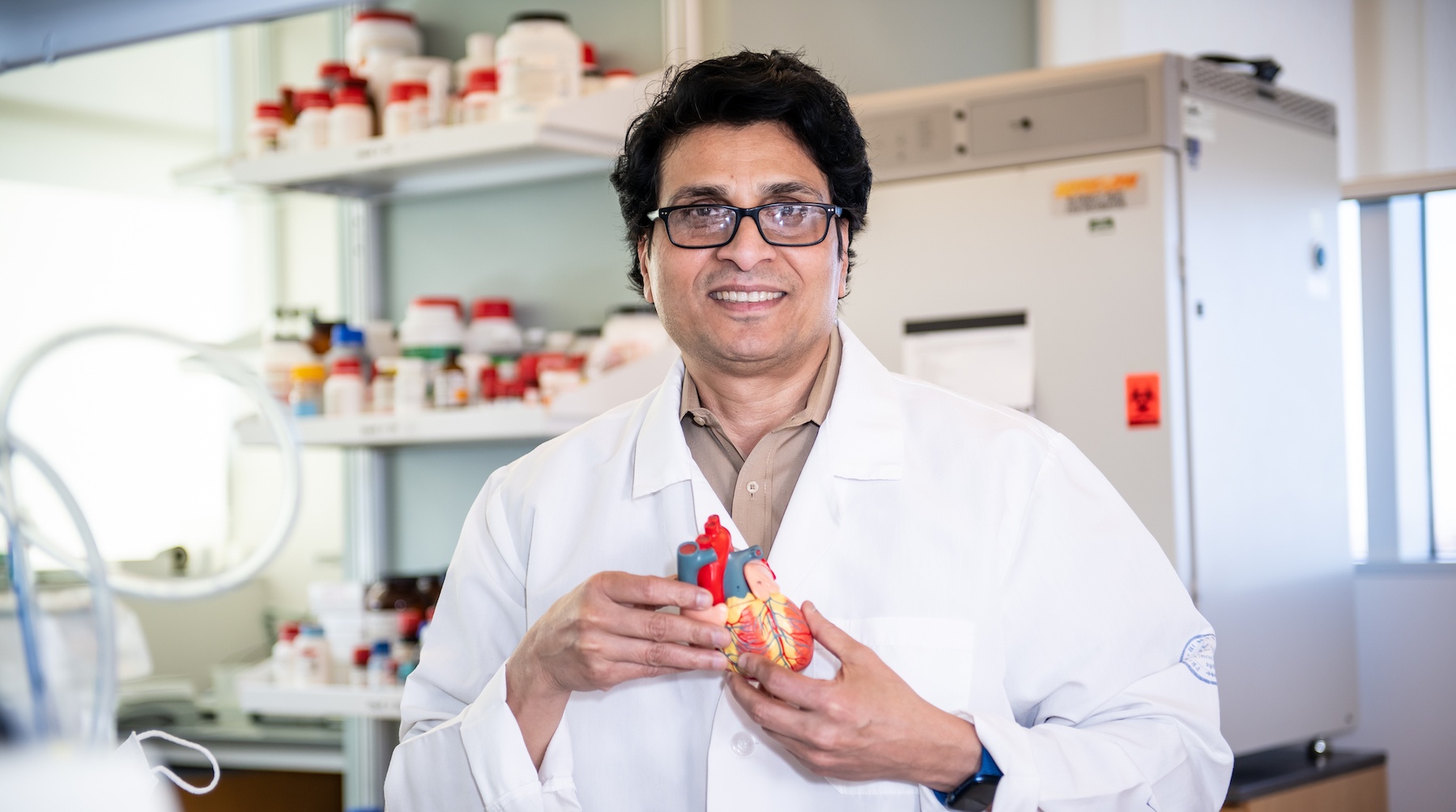For something that symbolizes love, the heart has a number of enemies. The latest is Covid-19.
According to the American Heart Association, heart disease is the leading cause of death in the U.S., claiming more than 650,000 lives in 2019. Experts at the Oklahoma Medical Research Foundation warn that Covid-19’s effects on the heart may cement that ranking for years to come.
“When most people hear ‘Covid-19,’ they correctly think of respiratory problems,” said OMRF President Stephen Prescott, M.D. “But in many patients, the virus also manifests in the heart, both in the short and long term.”
In a study published in the Journal of the American College of Cardiology, researchers found that 25% of those hospitalized with severe Covid-19 had measurable heart damage. Of those, just one third had pre-existing cardiovascular disease. Another study in JAMA Cardiology found ongoing inflammation of the heart muscle, called myocarditis, in 60 of 100 participants.
Viral myocarditis can resolve on its own, said OMRF cardiovascular biologist Jasimuddin Ahamed, Ph.D., adding that although the inflammation may recede, its damage could be long-lasting.
In his lab at OMRF, Ahamed studies fibrosis, the formation of scar tissue on the heart, and thrombosis, blood clotting that can lead to heart attack or stroke. He’s also devising experimental strategies to study Covid-19’s effects on the heart.
“After inflammation in or around the heart, scarring can be left behind,” said Ahamed, who joined OMRF in 2015 from The Rockefeller University in New York. “This scarring causes the heart to become less functional and, over time, can lead to heart failure and death. With Covid-19, the question is what happens months, years or decades after a patient recovers.”
Covid-19-related inflammation can also disrupt the body’s blood vessel lining, Ahamed explained, leaving patients vulnerable to blood clots that cut off the supply of oxygen to the heart and that in severe cases have been shown to be resistant to blood thinners.
It will be years before the impact of Covid-19 on the hearts of the now more than 370,000 Oklahomans who have recovered from the virus is fully understood, Prescott said. In the meantime, adopting healthy heart habits is important – both for those who’ve been infected and those who haven’t.
“Many of us have become less physically active and slacked on healthy eating over the last year,” said Prescott. He recommends small changes, like regular walks and implementing the American Heart Association’s recommended diet of plenty of vegetables, whole grains and lean proteins.
And for Valentine’s Day this year? Prescott said the best gift is simple: “Show your love for others by wearing a mask and keeping your distance.”



